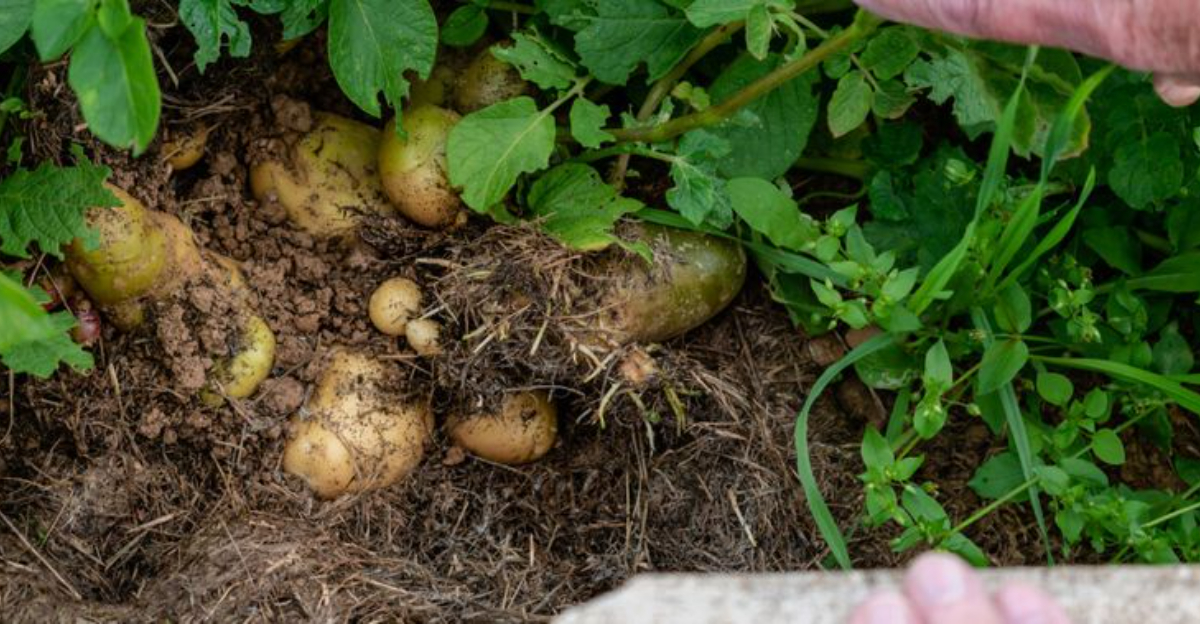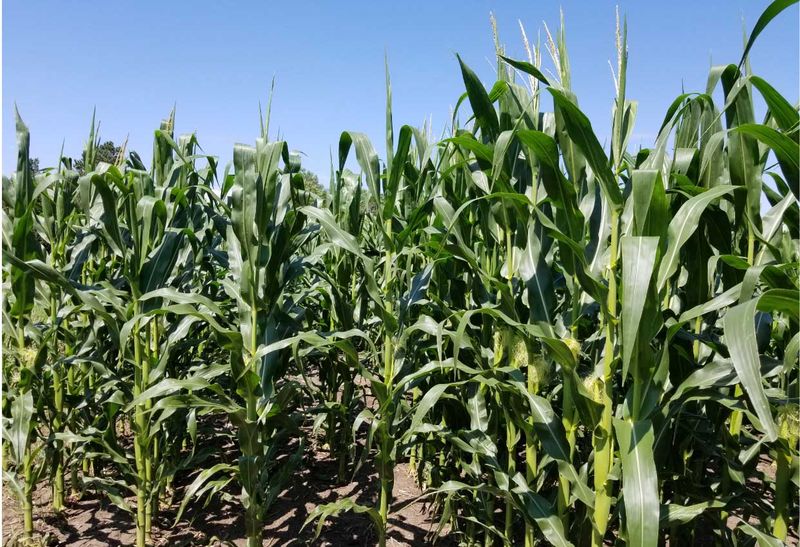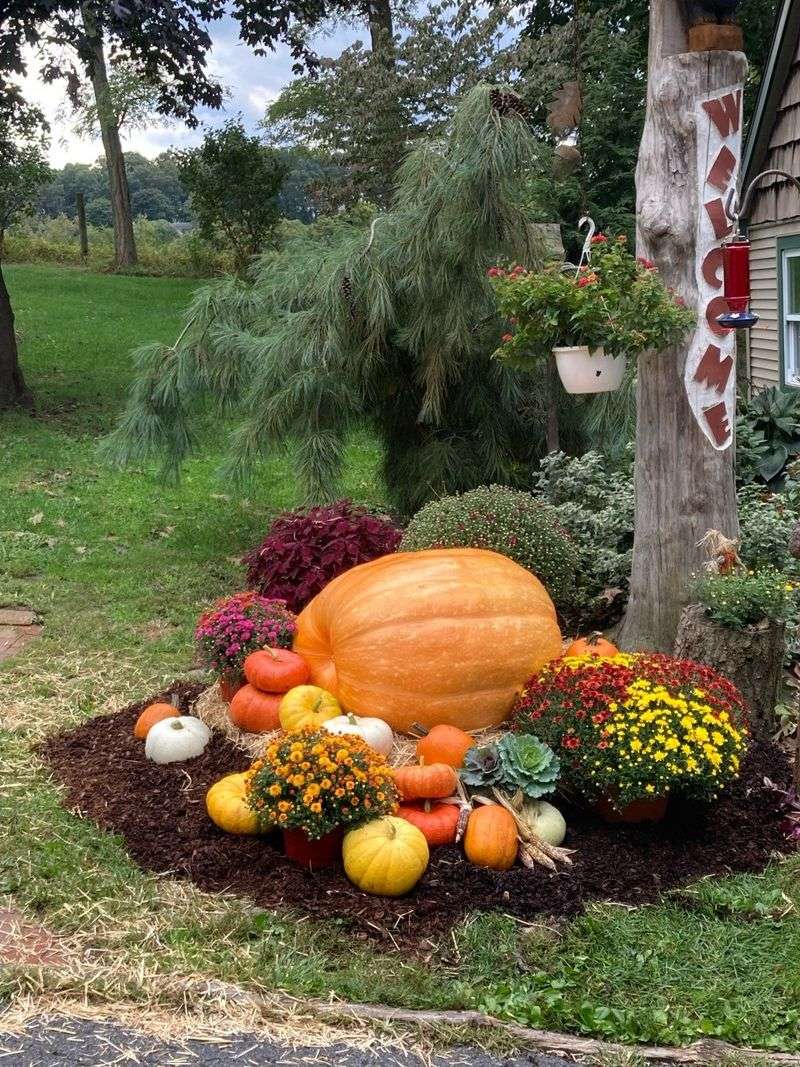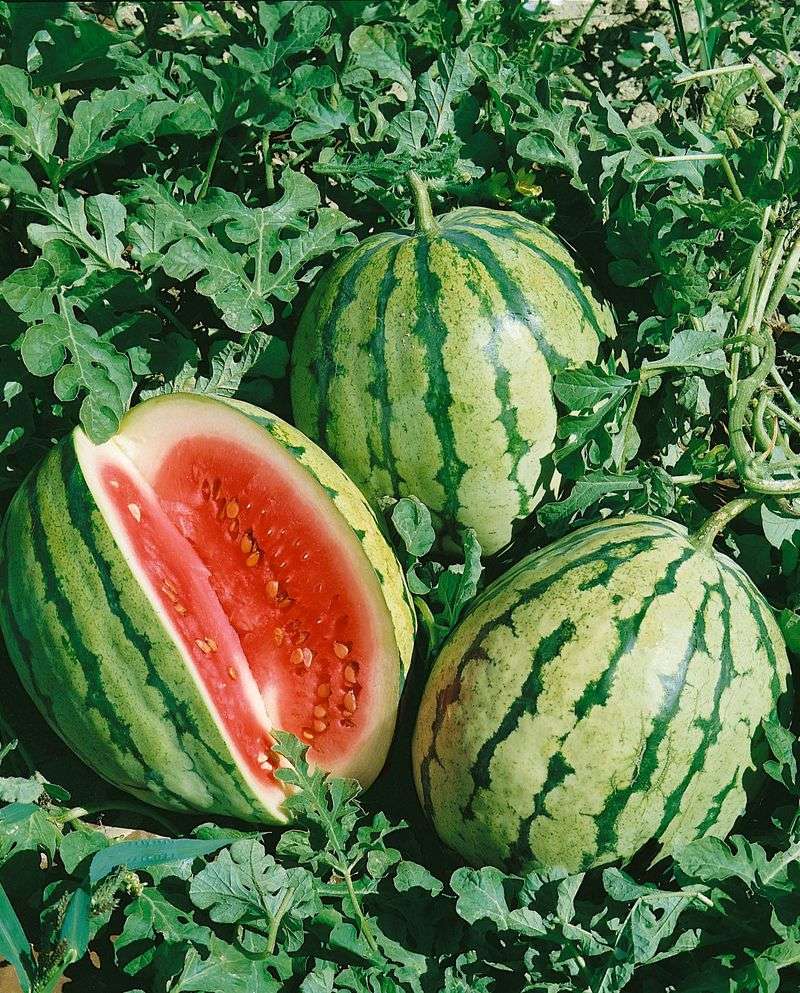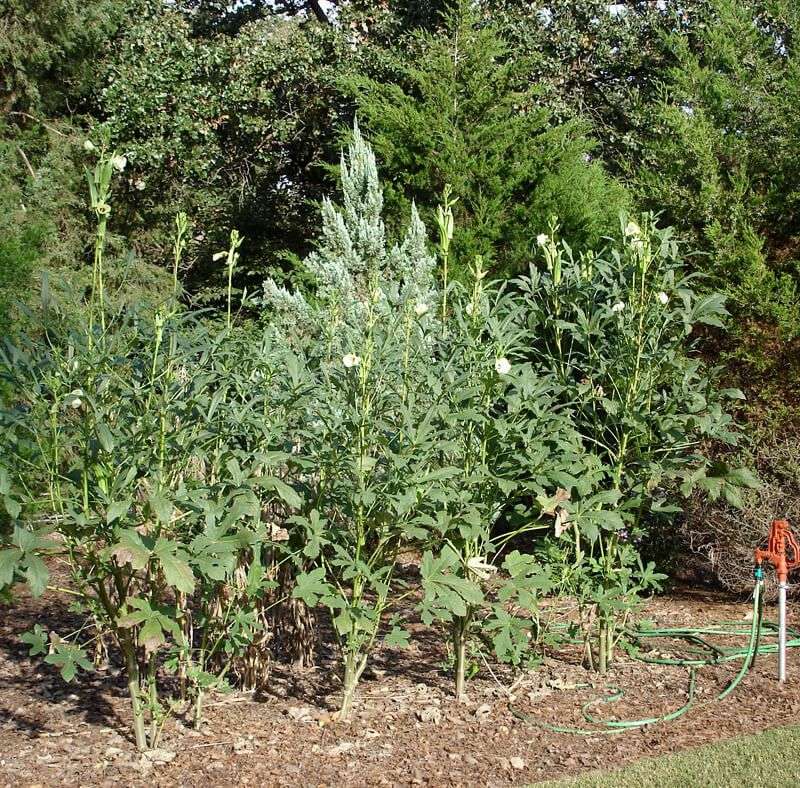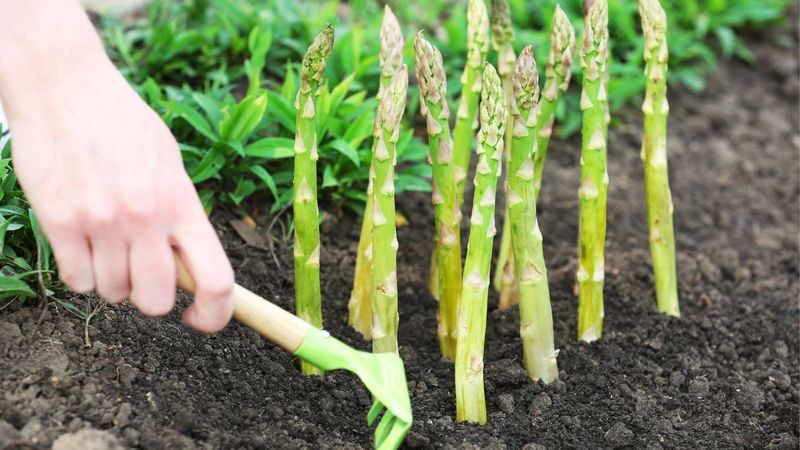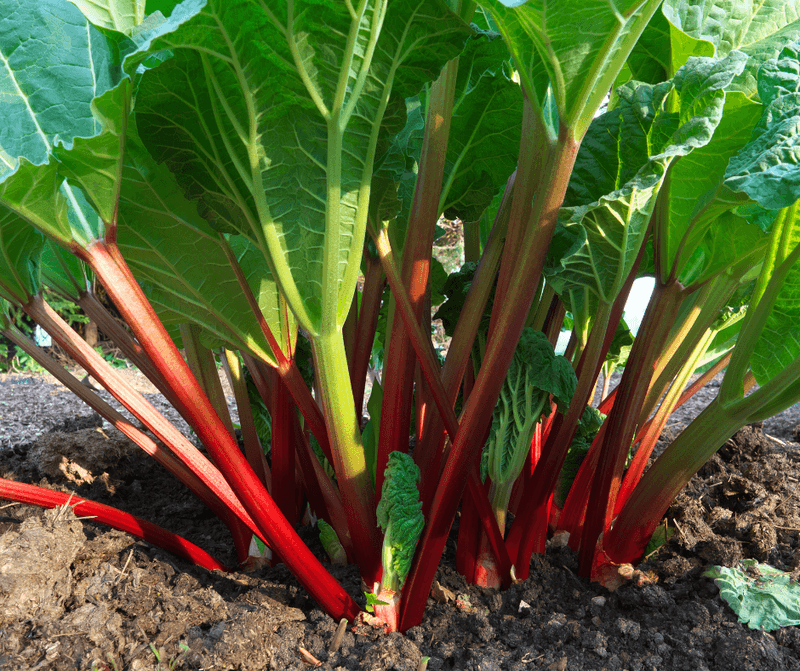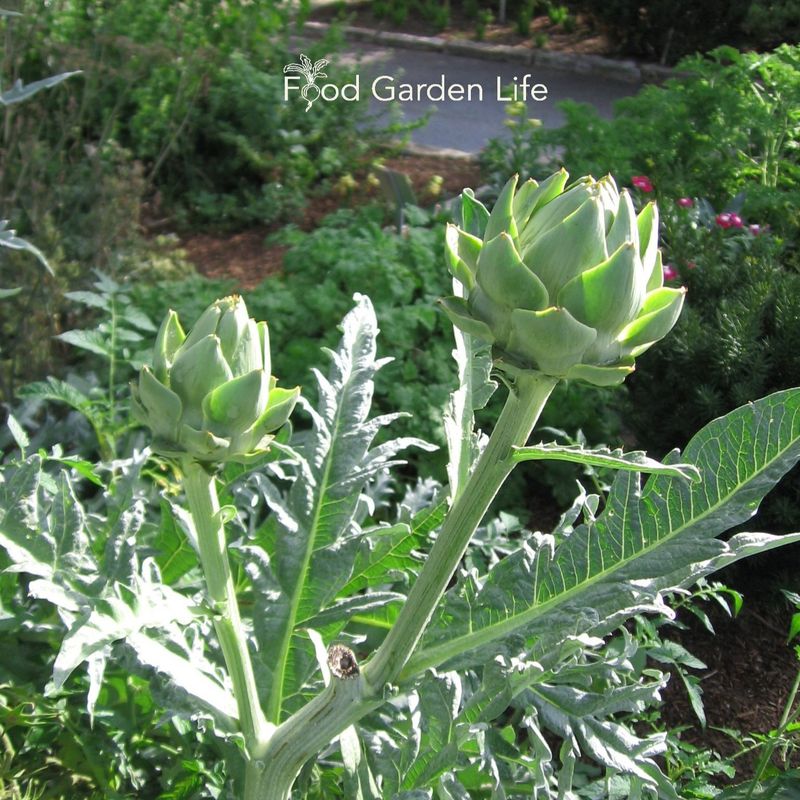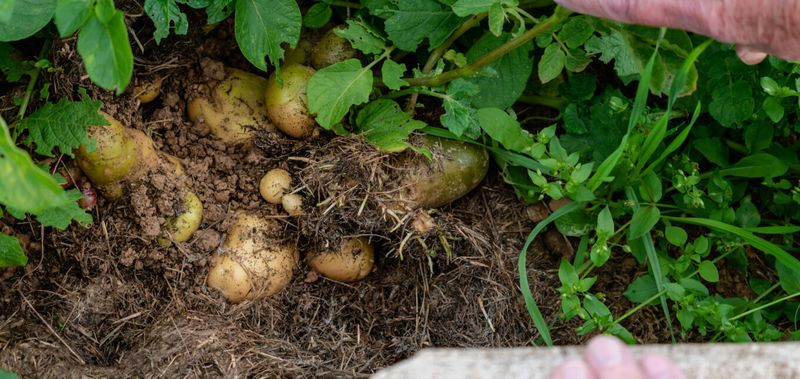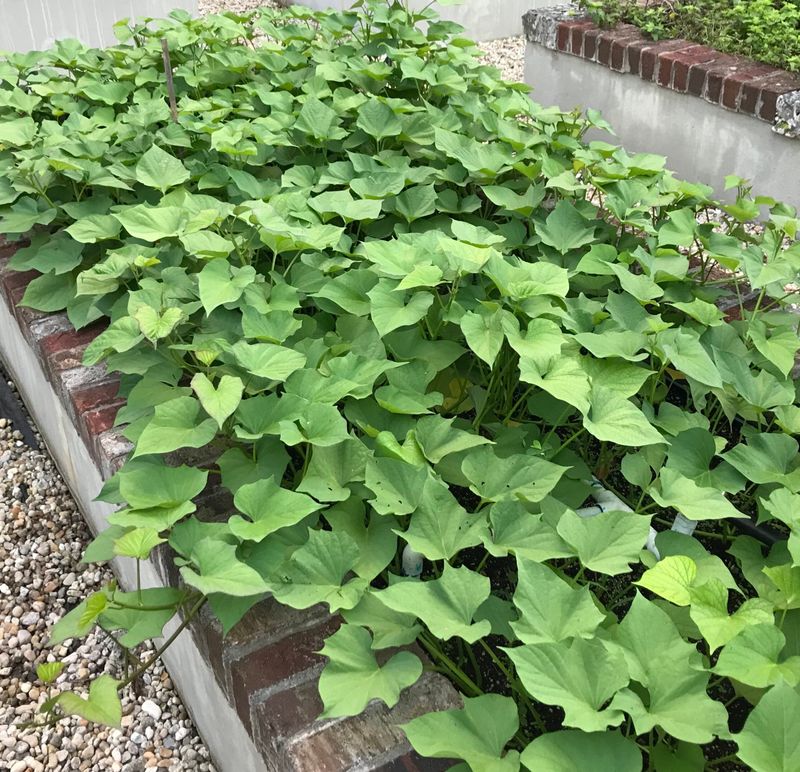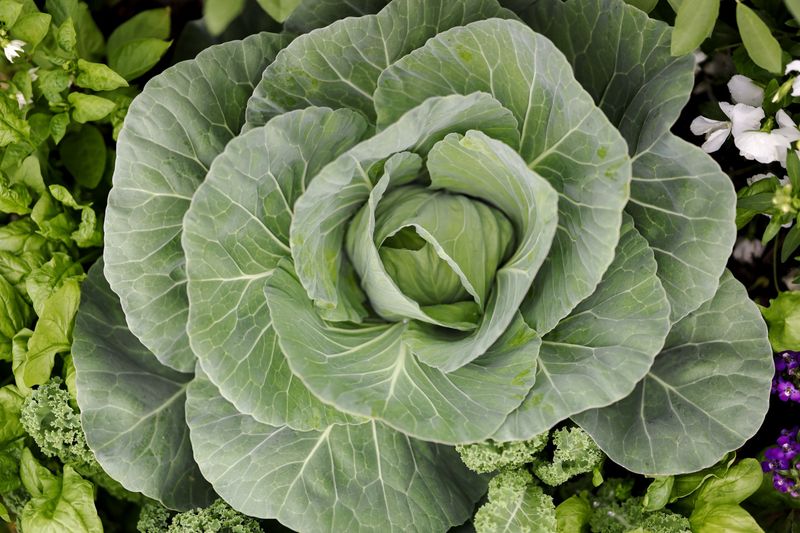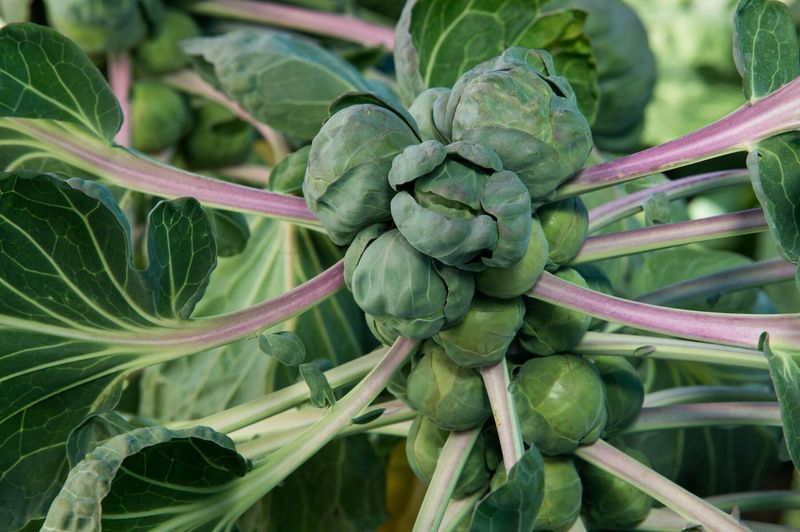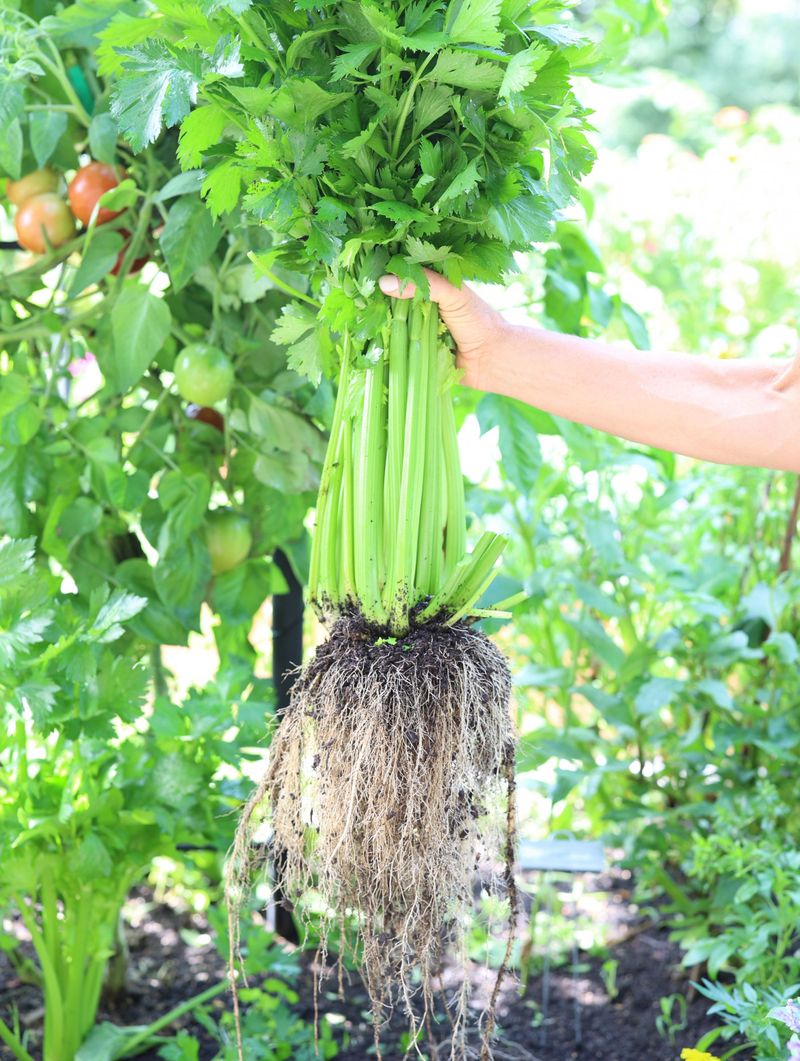Raised garden beds are a gardener’s delight, offering improved drainage, soil quality, and easier access. However, not all vegetables are suited for these confined spaces.
Some plants need room to sprawl, require specific conditions, or are too demanding for the limited resources of raised beds. Knowing which vegetables to avoid planting in raised beds can save you time, effort, and disappointment.
This guide explores 12 such vegetables, explaining why they’re better left out of raised garden scenarios and providing insights into alternatives or solutions for successful gardening.
1. Corn
Corn is a staple crop known for its towering height and need for space. In a raised garden bed, corn’s height can overshadow and block sunlight from smaller plants nearby. Additionally, corn requires wind for pollination, which is challenging in confined spaces.
Without proper pollination, yields can be severely affected. Raised beds can also limit the extensive root system of corn, hindering growth. If you love corn, consider planting it in rows in a traditional garden space. This allows for better air circulation and sunlight access, ensuring a more successful harvest.
2. Pumpkins
Pumpkins are famous for their sprawling vines that can quickly take over a garden space. In a raised bed, these vines can overwhelm other plants, reducing their access to resources. Pumpkins also require a lot of nutrients, which can deplete the soil in a confined bed.
Their size and growth habit make them better suited for a spacious, traditional garden. If you’re keen on growing pumpkins, opt for a dedicated in-ground spot where they can sprawl freely. This not only maximizes their growth but also prevents them from overshadowing other plants.
3. Watermelon
Watermelons, like pumpkins, are notorious for their extensive spreading vines. They need a lot of room to grow and thrive, making them unsuitable for raised beds. The confined space can lead to overcrowding, limiting the growth of both the watermelon and other plants.
Watermelons also require a significant amount of water and nutrients, which can quickly exhaust a raised bed’s resources. Growing them in a spacious, traditional garden setting allows their vines to spread naturally and access ample sunlight. Consider a raised mound in an open area for best results.
4. Okra
Okra is a tall-growing plant that can reach heights of several feet. In raised beds, its height can block sunlight from reaching shorter plants, leading to stunted growth. Okra also requires warm temperatures and consistent care, which can be challenging in the limited space of a raised bed.
The plant’s extensive root system needs depth, often not available in shallower beds. For successful okra cultivation, consider planting in a traditional garden or using a deeper raised bed. This ensures adequate sunlight, space, and nutrient access for healthy growth.
5. Asparagus
Asparagus is a perennial vegetable that takes several years to mature and produce a reliable harvest. In a raised garden bed, asparagus can monopolize space for years, making it impractical for those preferring annual rotation. Its extensive root system requires depth, often lacking in raised beds.
Additionally, asparagus needs well-drained soil and consistent care. If you wish to grow asparagus, dedicate a specific in-ground area where it can thrive long-term. This approach allows you to enjoy asparagus without sacrificing valuable space for other annual crops.
6. Rhubarb
Rhubarb is another perennial that requires a lot of room to grow. Its large leaves and tall stalks can overshadow other plants in a raised bed. Furthermore, rhubarb’s preference for cool climates and well-drained soil can be hard to maintain in confined spaces.
Raised beds often lack the depth and space needed for rhubarb’s extensive root system. To grow rhubarb successfully, it’s best planted in a dedicated in-ground spot where it can spread and establish itself over time. This ensures a healthy, productive rhubarb patch without compromising other plants.
7. Artichokes
Artichokes are known for their large, bushy growth habit, making them unsuitable for limited spaces like raised beds. They require a lot of room to spread and can overshadow smaller plants nearby. Artichokes also need rich, well-drained soil and consistent watering, which can be challenging in a raised bed.
Their perennial nature means they occupy space for years. Growing artichokes in a traditional garden setting ensures they have the space and conditions needed to thrive. Consider dedicating a specific area where they won’t compete with other crops.
8. Potatoes
Potatoes are a root crop that requires deep, loose soil to develop properly. Raised beds often lack the necessary depth for optimal potato growth. Additionally, potatoes can deplete soil nutrients rapidly, necessitating regular replenishment.
Their growth habit and nutrient needs make them better suited for trenches or grow bags, where they have ample space and soil. If you want to grow potatoes in a raised setting, ensure the bed is deep and the soil replenished regularly.
Otherwise, consider more traditional methods to achieve a bountiful harvest.
9. Sweet Potatoes
Sweet potatoes are known for their aggressive, sprawling vines that can quickly overtake a garden space. In a raised bed, these vines can crowd out other plants and deplete resources. Sweet potatoes also require warm, well-drained soil to thrive, which can be challenging to maintain in confined spaces.
For best results, grow sweet potatoes in a traditional garden setting or large containers where they can spread freely. This ensures they have the space and conditions needed to produce a healthy and abundant crop without interfering with other plants.
10. Cabbage
Cabbage can be a challenging crop to grow in raised beds due to its space requirements and susceptibility to pests. Cabbage worms, in particular, are a common issue that can damage the plants significantly. The large heads also take up more room than anticipated, crowding out other plants in limited spaces.
Raised beds may not provide the necessary space for cabbages to grow without competition. Consider planting cabbage in a traditional garden area with adequate spacing to manage pests and allow for full growth. This approach maximizes success and yield.
11. Brussels Sprouts
Brussels sprouts have a long growing season and reach heights that can overshadow other plants in a raised bed. Their tall, space-consuming habit requires ample room for optimal growth.
Brussels sprouts are also prone to pests and diseases, which can spread rapidly in confined spaces. For a successful harvest, plant Brussels sprouts in a traditional garden setting with plenty of space and airflow.
This allows for better management of their specific needs and reduces the risk of pest infestations and disease spread.
12. Celery
Celery is a moisture-loving plant that requires consistent watering and specific conditions to thrive. In raised beds, maintaining the necessary moisture levels can be difficult, leading to uneven growth.
Celery’s shallow roots also need well-drained soil, which can be challenging in confined spaces. The plant’s demands for space and care make it more suitable for traditional gardens where conditions can be controlled more easily.
For successful celery growth, ensure a dedicated area with ample water access and proper spacing to prevent crowding and promote healthy development.
